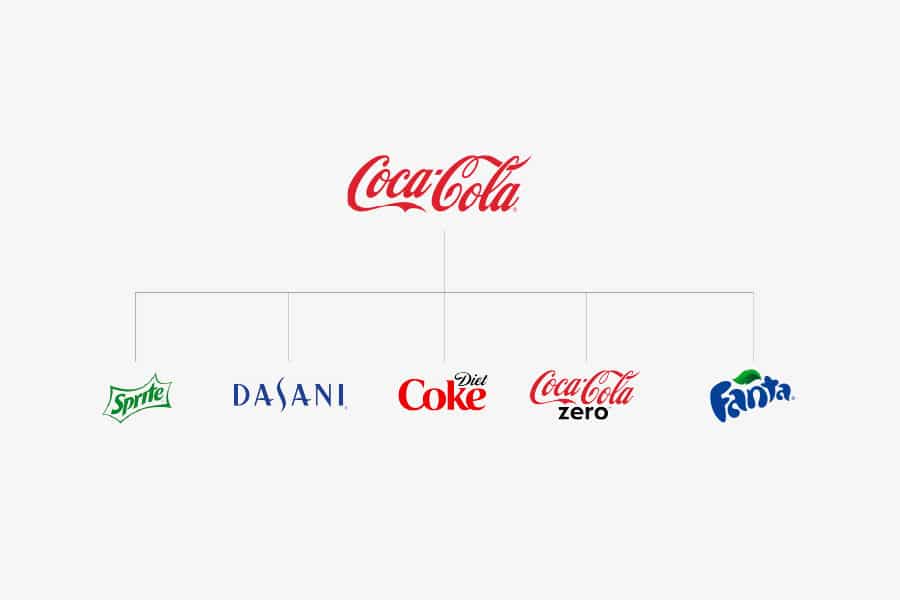When customers can Google and find the best in the world, they won’t hire you because you are average or well rounded. They will hire you because you are brilliant at something.
I was driving down the road the other day and a roofing company’s truck pulled up next to me that read, “specializing in all roof types.” How can a company specialize in all roof types? They are essentially saying, “we are just like every other roofing company.” What they should say is, “we specialize in metal roofs.” That would make them unique. That would make them an expert. That would create scarcity.
Your Audience is Not Everybody
The thought behind this innately contrary tagline is the idea that the roofing company wants to attract everybody. Sounds like a good business plan, right? What they don’t see is that if everyone is their customer then no one is their customer. Sure, we would all love it if everyone bought our product. But the days of mass media appeal are over. In the ’50s everyone was watching the same commercials, buying the same cars, and drinking the same drinks. Today, information flows differently. People live in their own tribes and are influenced by tribal leaders on social media or in their peer group. They buy what their friends buy. So unless you are Coca-Cola, Apple, or Amazon you are wasting your time trying to sell to everyone. The goal is loyalty with a few rather than single transactions with many.
Specialization Increases Perceived Value
For most company’s, most of the time, it is better to specialize in a narrow selection of services and products — especially upon launch or while in the early growth phase. Following a strategy that is more focused makes it easier to deliver a high level of excellence with greater efficiency. Specialization increases perceived value in 3 ways:
1. Specializing Positions You as the Expert
If you are the expert in your category you are no longer selling time or materials. You are selling your expertise. You have authority, influence, and knowledge that set you apart from competitors, and that creates massive value and revenue potential that generalist’s can’t tap into.
2. Specializing Makes Marketing Cheaper and Easier
If you are selling one thing it is easy to optimize SEO, sales processes, and marketing programs. If you are selling 10 things you have to have 10x the budget and do 10x the work to get those products or services out there.
3. Specializing Creates Believers, Not Just Buyers
Buyers are great. Believers are better. By specializing and becoming an expert in your field you make yourself so valuable that a customer can’t imagine their life without you. They become someone that believes in your company, your mission, and most importantly your value. A buyer, on the other hand, just wants to fulfill the immediate transaction and then move on. They don’t care about your brand or your company. It is easier to scale a company by creating believers. These are the one’s that will come back over and over, then tell their friends how much they love you.
Should My Business Specialize or Generalize?
If you want to position your company as the brilliant expert, specialize. If you want to be known by more than your products and services, specialize. If your company is newly launched or changing strategies, specialize to increase focus and save marketing energy.
If you have the marketing budget or brand recognition of Amazon, Apple, or Target, then there is obviously a case for generalization. However, in most cases for most businesses specialization is a better strategy.
Does your brand struggle to communicate your brilliance?
Let Us Help

